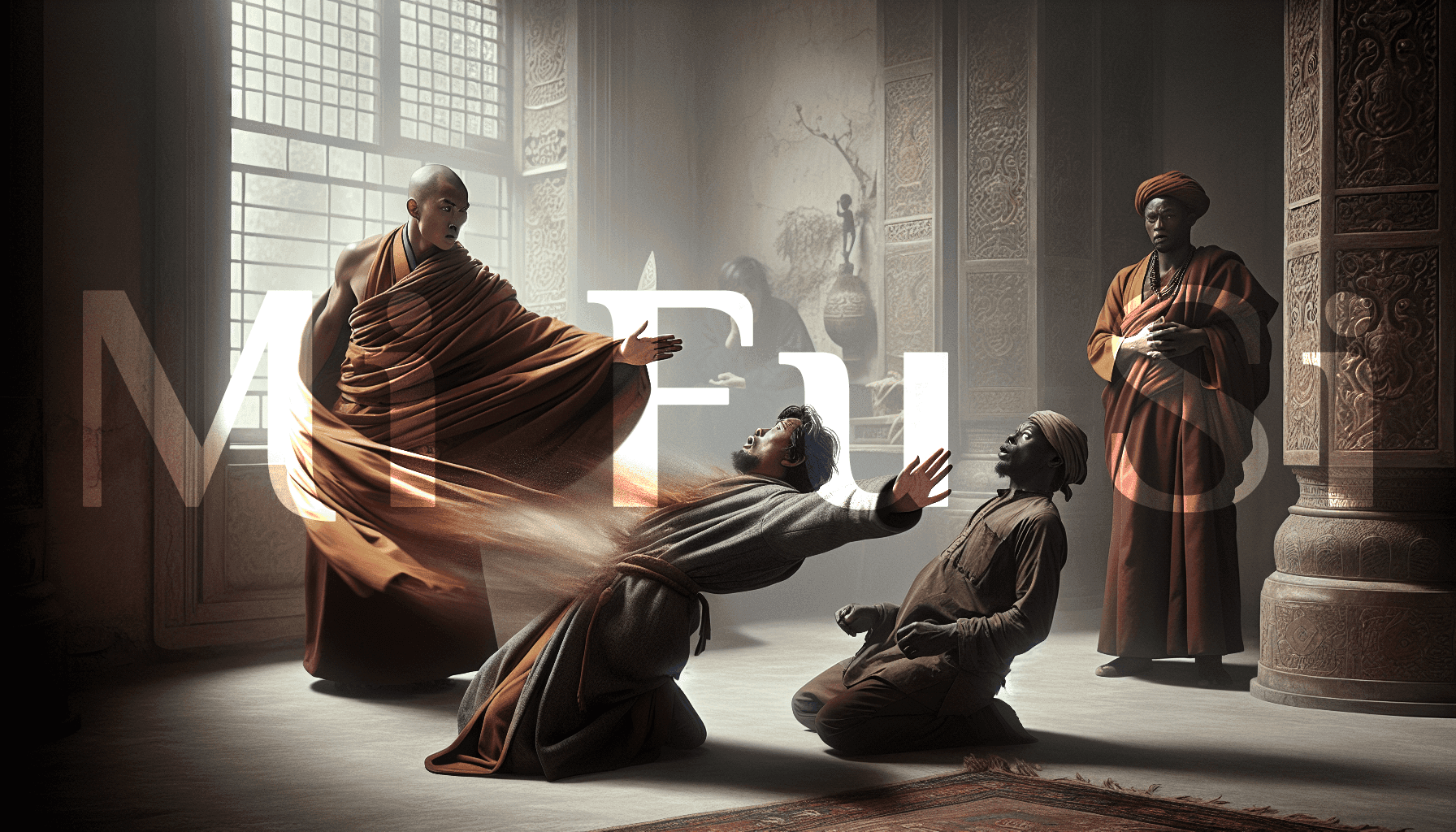On the appointed morning, I arrived at his temporary residence, a grand palace belonging to the Bhutanese king. Rows of prayer flags fluttered in the breeze, adorned with the mantra “Om Mani Padme Hum.” Royal guards stood sentinel, exuding an air of authority. Despite rumors that the Dalai Lama had minimized reception ceremonies, those that remained were profoundly solemn.
Contrary to my expectations, the Dalai Lama granted me only a brief audience. He advised, “If you seek to understand Tibet, you must learn its language.” I explained my intention to document Tibetan culture and customs, to which he acquiesced, arranging for a translator to accompany me. With a simple gesture, our meeting concluded, marked by the sound of a drum.
Before departing, I observed a blessing ceremony conducted by the Dalai Lama, distinct from the Pope’s blessings. Rather than a collective blessing, each individual received personal attention. Senior monks received both hands on their heads, while attendants received only one. The degree of blessing varied, indicating rank and status. For children, a small prayer flag adorned their shoulders. The populace revered these blessings, viewing them as channels for the Dalai Lama’s divine power.
Among the diverse crowd awaiting blessings, I noticed a monk of the Naljorpa sect from Bhutan. His unkempt appearance and disdainful demeanor amidst the solemnity intrigued me. Inquiring through the translator, I learned of his wandering lifestyle, alternating between temples and caves, currently residing nearby.
Intrigued by the monk’s demeanor, I accompanied the translator to his temple. There, he sat, engrossed in a meal. My greeting went unanswered, replaced by a strange glance and muttered words. Despite the translator’s discomfort, I persisted, eliciting a begrudging response: “He regards you as an ignorant intruder. What brings you here?”
Such cryptic speech wasn’t unfamiliar, often employed by Eastern masters to gauge seekers’ reactions. Through the translator, I probed:
– Why did you show contempt for today’s solemn ceremony?
The monk chuckled, dismissing it as a gathering of parasites, clinging to false importance. To him, they were like insects on dung, nothing precious.
– Are you then cleaner than this dung heap?
The monk laughed, explaining that avoidance only deepens entanglement. He likened himself to a pig in dung, transforming it into precious elements. Mastery, he declared.
– Yet these simple folk seek solace and blessings. Is it not disdainful to belittle them?
The monk cut me off, asserting that true blessing requires power. He questioned the Dalai Lama’s power, citing his inability to repel China without an army. This contradiction prompted reflection.
Excusing myself, I attempted a gesture of goodwill, offering money to the monk through the translator. However, he refused, visibly uncomfortable. Upon leaving the money on the table, the monk made a dismissive gesture with his robe, causing the translator to crash into a wall, clutching his chest.
Surprised, I questioned the incident. The translator confirmed the monk’s action, despite the distance between them. This left me pondering the monk’s supernatural abilities.
David Neel’s account highlights the irony: a figure claiming to bless thousands couldn’t safeguard his territory, necessitating refuge elsewhere.
Related Post
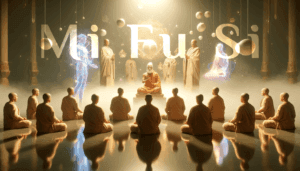
To be a true devotee
To be a true devotee (Người tu học chân chính by Hàn Sơn on 25 April 2014, 10:19 - translated...
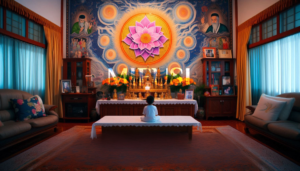
The Holy Force
The Holy Force Vietnamese: Kinh nghiệm về thần lực và tuổi thơ (posted at huyenbihoc.webs.com) My experience with the Force...
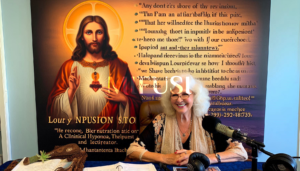
Story 12 – East-West Mystical Encounter
Story 12 -East-West Mystical Encounter Câu chuyện số 12 - Huyền bí Đông và Tây Phương by Hoctro-gia on 12...
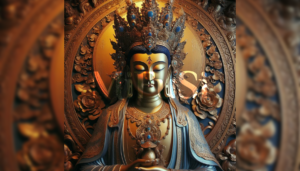
Kwan Shih Yin – compassion Dharani
Kwan Shih Yin - compassion Dharani I shared this picture simply because I find it beautiful, not because of the...
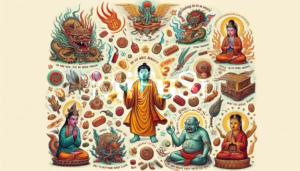
Interpreting “Bùa” and “Chú” in Mystical Practices
Interpreting "Bùa" and "Chú" in Mystical Practices Translation from: Bùa, chú Mật tông by Akira When encountering spells, amulets, and...
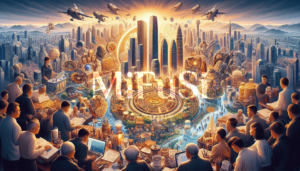
Challenges to Global Spiritual Decline
Challenges to Global Spiritual Decline Vì sao đạo đức xã hội xuống cấp? by Hữu-Huyễn on 09/02/2021, 17:24; translate by...
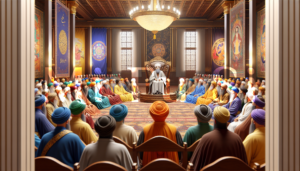
Which Religion Reigns Supreme?
Which Religion Reigns Supreme? (Đạo Hay Nhất! by như-ý on Mon Feb 09, 2009 3:05 pm Translated by Xiaobaiyun.) The...
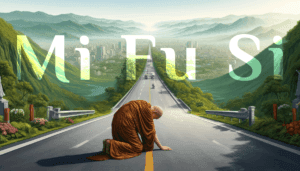
THREE BOWS – ONE SALUTE
In recent news from Tuổi Trẻ (Youth) newspaper, Venerable Thích Tâm Mẫn of Hoằng Pháp Pagoda commenced a pilgrimage from...
